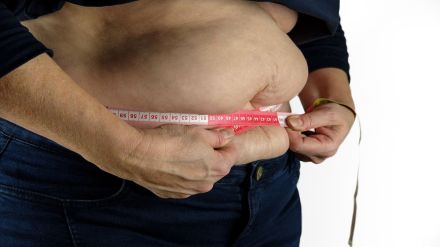A new study has revealed that obese women are more likely to have vitamin D deficiency. The researchers are investigating the association between vitamin D levels and body composition among women between the ages of 20 and 49.
According to the researchers, women who have low vitamin D levels also show higher body adiposity index and waist-to-height ratio, as well as lower body mass index (BMI)-adjusted muscle mass index.
It is noteworthy that the prevalence of vitamin D deficiency is high among women of childbearing age, particularly those who exhibit obesity.
The researchers found that poor vitamin D status was linked to higher body fat percentage and central obesity.
“The study sample comprised 124 women, on average, aged 34.1 years, with a mean BMI of 24.2 kg/m². Of these, 66.9% exhibited a normal BMI, 9.7% were categorized as obese, and the remaining 23.4% were classified as overweight. The average circulating 25(OH)D concentration was 28.8 ng/mL, with 36.3% of participants classified as vitamin D adequate, 63.7% as inadequate, 19.4% with deficiency, and 44.4% with insufficiency,” it stated.
The findings of the study were published in the Nutrients journal recently.
The study also revealed that low vitamin D levels can lead to high body fat and the association is even higher among women who have vitamin D deficiency. The study also found that low vitamin D levels can lead to weaker muscles.
These findings underscore the significance of assessing body composition beyond traditional measures like BMI, the researchers suggested.
